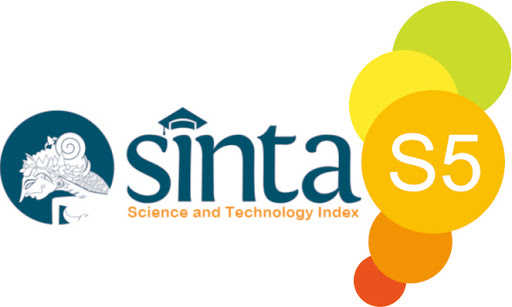TINJAUAN YURIDIS TERHADAP SISTEM OUTSOURCING DALAM PERSPEKTIF PERLINDUNGAN HAK NORMATIF PEKERJA DI INDONESIA
Kata Kunci:
Outsourcing, Pekerja, Hak Normatif, Perlindungan Hukum, KetenagakerjaanAbstrak
Sistem outsourcing atau alih daya merupakan salah satu bentuk hubungan kerja yang berkembang pesat dalam praktik ketenagakerjaan di Indonesia, terutama setelah diberlakukannya Undang-Undang Nomor 11 Tahun 2020 tentang Cipta Kerja beserta peraturan pelaksananya. Meskipun dianggap mampu memberikan efisiensi bagi perusahaan, praktik outsourcing seringkali menimbulkan persoalan terkait perlindungan hak normatif pekerja, seperti kepastian upah, jaminan sosial, hak atas cuti, dan perlindungan dari pemutusan hubungan kerja (PHK) sepihak. Penelitian ini bertujuan untuk menganalisis aspek yuridis dari sistem outsourcing dalam perspektif hukum perburuhan Indonesia, khususnya dalam kaitannya dengan prinsip keadilan dan perlindungan hak-hak pekerja. Metode penelitian yang digunakan adalah pendekatan yuridis normatif dengan menelaah peraturan perundang-undangan, putusan pengadilan, serta literatur hukum yang relevan. Hasil kajian menunjukkan bahwa pengaturan outsourcing di Indonesia masih menimbulkan ketidakpastian hukum dan potensi pelanggaran hak pekerja, terutama karena adanya fleksibilitas yang diberikan kepada pengusaha tanpa diimbangi dengan mekanisme pengawasan yang kuat dari pemerintah. Oleh karena itu, diperlukan reformulasi regulasi dan penguatan fungsi pengawasan ketenagakerjaan untuk memastikan sistem outsourcing dapat berjalan sesuai prinsip keadilan sosial dan perlindungan hukum bagi pekerja.
The outsourcing system has become one of the most rapidly developing forms of employment in Indonesia, particularly after the enactment of Law No. 11 of 2020 on Job Creation and its implementing regulations. Although outsourcing is considered beneficial for companies in terms of efficiency, its practice often raises legal issues concerning the protection of workers’ normative rights, such as wage certainty, social security, leave entitlements, and protection against unilateral termination of employment. This study aims to analyze the legal aspects of the outsourcing system within the framework of Indonesian labor law, particularly in relation to the principles of justice and the protection of workers’ rights. The research employs a normative juridical approach by examining legislation, court decisions, and relevant legal literature. The findings indicate that the regulation of outsourcing in Indonesia still creates legal uncertainty and the potential for violations of workers’ rights, mainly due to the flexibility granted to employers without adequate government oversight. Therefore, reformulation of regulations and the strengthening of labor inspection mechanisms are necessary to ensure that the outsourcing system operates in accordance with the principles of social justice and legal protection for workers.





